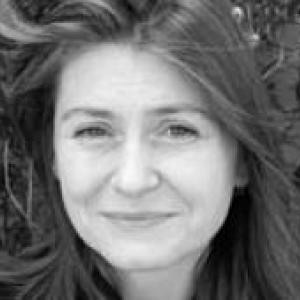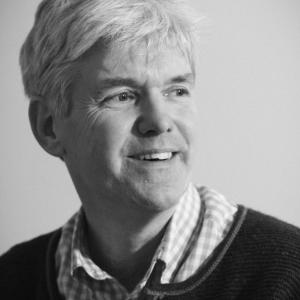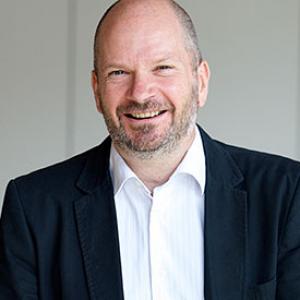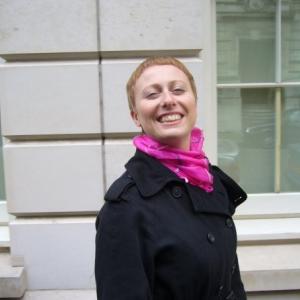The Keats-Shelley Memorial Association is pleased to reveal the winners of 2024’s Keats-Shelley Prizes. The final poems and essays were chosen by Tom Holland, who announced the results in London on 29th April 2025.
You can read the winning poems and essays by scrolling down to Shortlist.
Poetry Prize Winner
Jessa Brown, Greygoose, Johanna
Poetry Prize Highly Commended
Jill Sharp, Self Storage
Victor Tapner, Through the Bosphorus
Essay Prize Winner
April McGinnis, Violence at a Glacial Pace: Reading Shelley’s “Mont Blanc” in an Age of Melting Ice Caps
Essay Prize Highly Commended
Elena Bonacini, From Lives to Afterlives: Romantics on Renaissance Italy’s Old Masters
Katie MacLean, Queerness, Gender & Heterosexuality in The Rocky Horror Picture Show and Frankenstein





